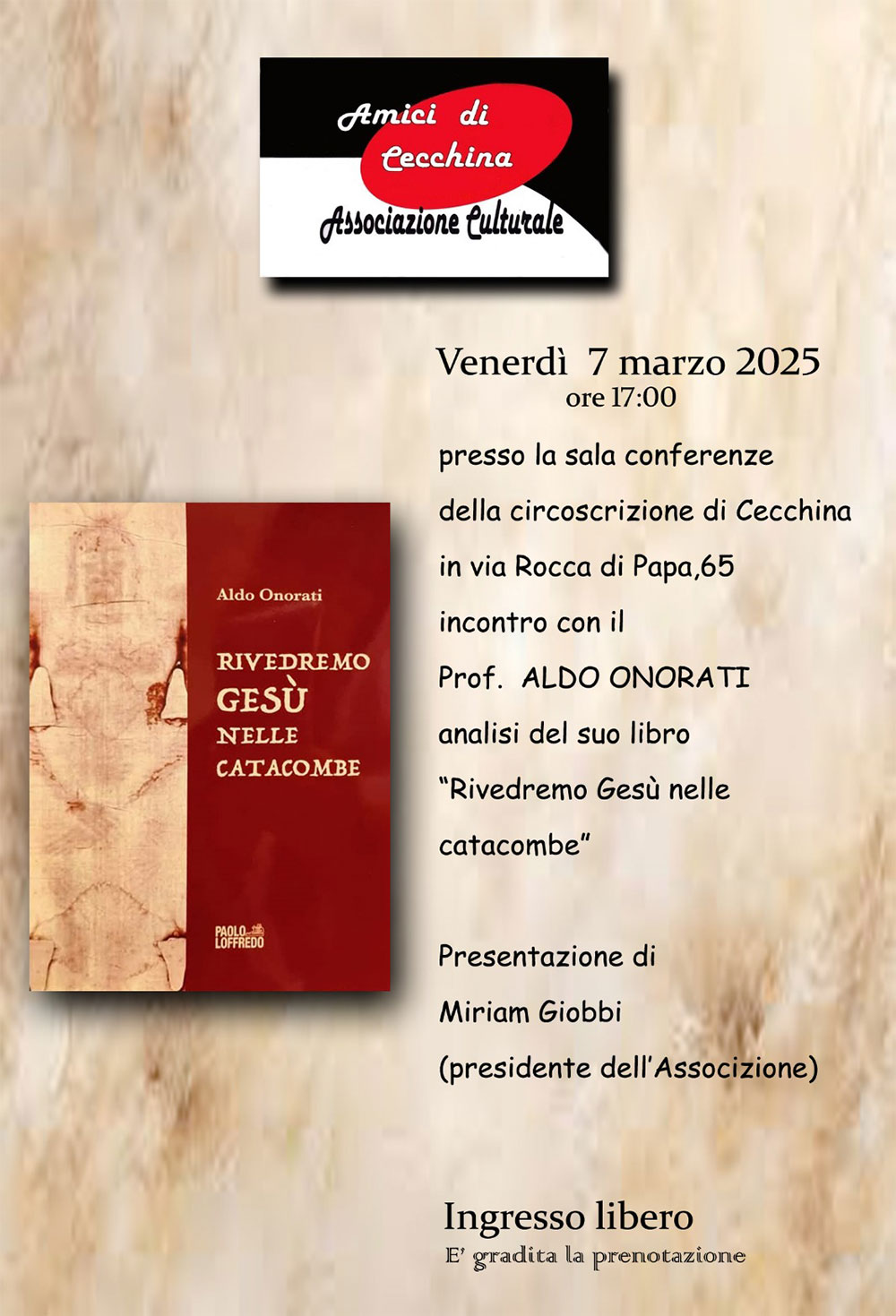 Paolo Loffredo, sixth generation of a large family of publishers and booksellers engaged in the production and distribution of books since the late nineteenth century, creates in 2012 the new editorial company Paolo Loffredo Editore. The historical site was until the '80s in the heart of the historic centre of Naples in Via San Biagio dei Librai, lower Decumano and also known as the SpaccaNapoli.
Paolo Loffredo, sixth generation of a large family of publishers and booksellers engaged in the production and distribution of books since the late nineteenth century, creates in 2012 the new editorial company Paolo Loffredo Editore. The historical site was until the '80s in the heart of the historic centre of Naples in Via San Biagio dei Librai, lower Decumano and also known as the SpaccaNapoli.
At the beginning of the twentieth century, Giuseppe Loffredo decided to add book selling to the book production, which definitively imposed itself after World War II with the publication of manuals for the University and for the School that succeeded in establishing themselves soon throughout Italy.
LAST EVENT
"Rivedremo Gesù nelle catacombe"
07 Marzo 2025 - Sala Conferenze circoscrizione di Cecchina - via Rocca di Papa 65, Albano Laziale (RM) - ore 17,00

Il corpo del dialogo
ISSN: 2611-3562
Language: Italian, Greek
Publisher: Paolo Loffredo Editore Srl

Description
Book Preview
Review - "Bryn Mawr"
Il corpo del dialogo. Una teoria della comunicazione a partire dal protagora di platone e dal corpus hippocraticum
“Protagoras” presents a complex structure of form and content and is an elaborate mise en scène of a dialogue between Socrates and the sophist of Abdera. One of the themes of this dialogue is dialogue itself as a form of opposite communication produced by the discourses of the sophists. In this work the Socratic “dialogos” is opposed to the sophistical “logos”. But what is a "dialogue", how does it work in the mutual relations between dialogues and what effects does it produce in the listener? In the second prologue of the “Protagoras” Socrates establishes an analogy between the foods of the body and those of the soul, bringing the discourse on the soul on the side of a psychic determinism that warns about the dangers of the soporific techniques of those who, like Protagora, professes himself able to teach the art of speaking, of owning the techne “ton logon”. This study starts from the analogy between body and soul and follows this perspective of analysis, highlighting the Platonic attempt to build a "science of dialogue" in analogy with the "science of bodies", the medicine.
On the dialogue, considered as an object of analysis, the question of the medicine of the soul is grafted, a theme that crosses the entire Platonic production. From this point of view, three "knowledges" are compared, the art of the sophistry of medicine and of dialogue, knowledge that refers to each other in the “Protagoras” and more generally in the Platonic philosophy. From textual comparisons between various Platonic dialogues and the medical works of the Corpus hippocraticum is developed an image of dialogue as a "healthy" communicative practice, which allows us to recognize the correct physiology of the soul, of speaking and of the city, and more generally of identifying, between the lines, that "doctor of the soul” that, alone, is able to bring to the homology the psychic instances of every individual, the interlocutors of a dialogue and the citizens of a political community that is above all a community of speakers and listeners



